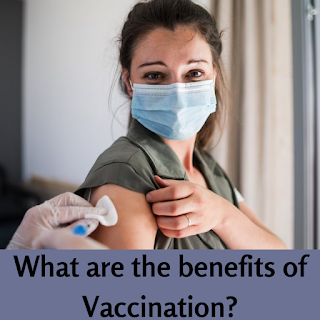WHAT ARE THE RISKS OF RE-INFECTION?
- Get a COVID-19 vaccine as soon as you
can. Find a vaccine here. Everyone 12 years and older
should get a booster shot when eligible.
- Consistently and
correctly wear a well-fitting mask that covers your nose and mouth to
help protect yourself and others.
- Stay 6 feet apart
from others.
- Avoid crowds and
poorly ventilated indoor spaces.
- Know when to test to
be informed and prevent spread to others.
- Wash your hands often with soap and water and dry thoroughly. Use hand sanitizer with at least 60% alcohol if soap and water aren’t available.
As with other Covids, for example, those that cause the normal cold, SARS-CoV-2 can reinfect individuals. There have been numerous reports of reinfection, including a 25-year-elderly person in the US who tried positive two times. The Lancet detailed that "the subsequent disease was apparently more serious than the first."
Regardless of whether you have
had a test that distinguishes antibodies, reinfection is as yet conceivable,
albeit more uncertain.
Antibodies are just one piece of
the huge, complex insusceptible reaction that is gotten rolling when an
individual becomes tainted with an infection like SARS-CoV-2 so having
antibodies isn't to the point of ensuring long haul insurance.
In many individuals,
contamination with SARS-CoV-2 can prompt purported 'long COVID' - where
individuals experience the ill effects of the infection.
This can be caused straight by the infection reproducing over significant
stretches, or by implication with side effects, similar to weakness,
fluctuating even after the infection is available in their body.




Comments
Post a Comment